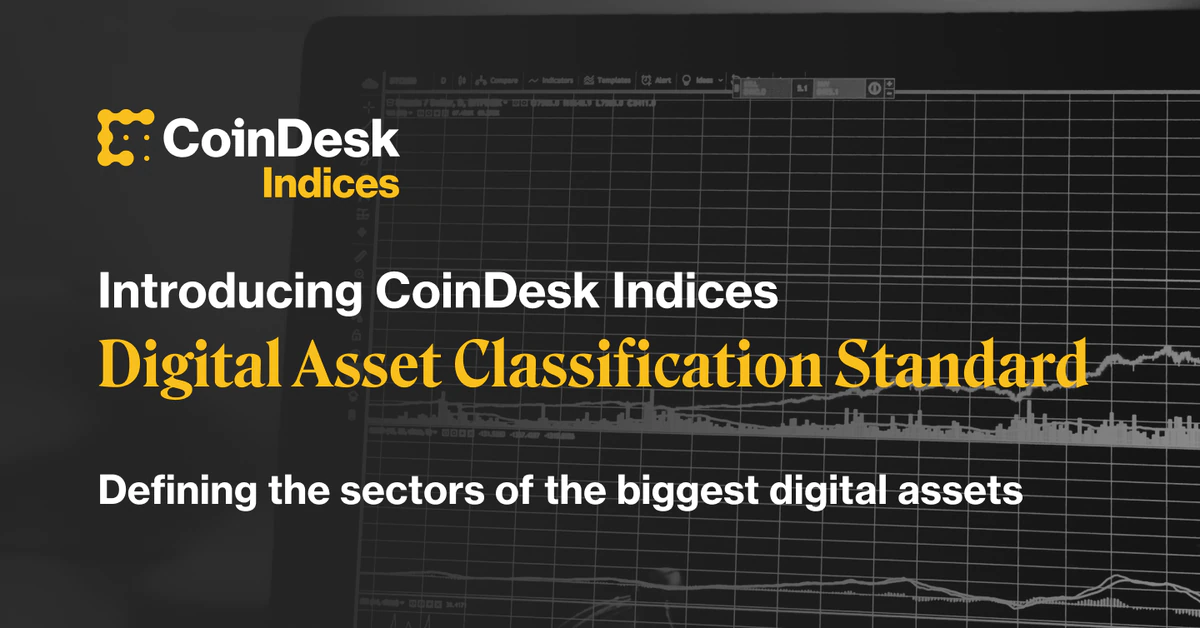The Great Battle of Asset Classification – Blockchain News, Opinion, TV and Jobs
Guest post by Giovanni Populo The SEC has charged two major cryptocurrency exchanges: Binance and Coinbase. A common charge between both exchanges is that they offered unregistered
Read More








